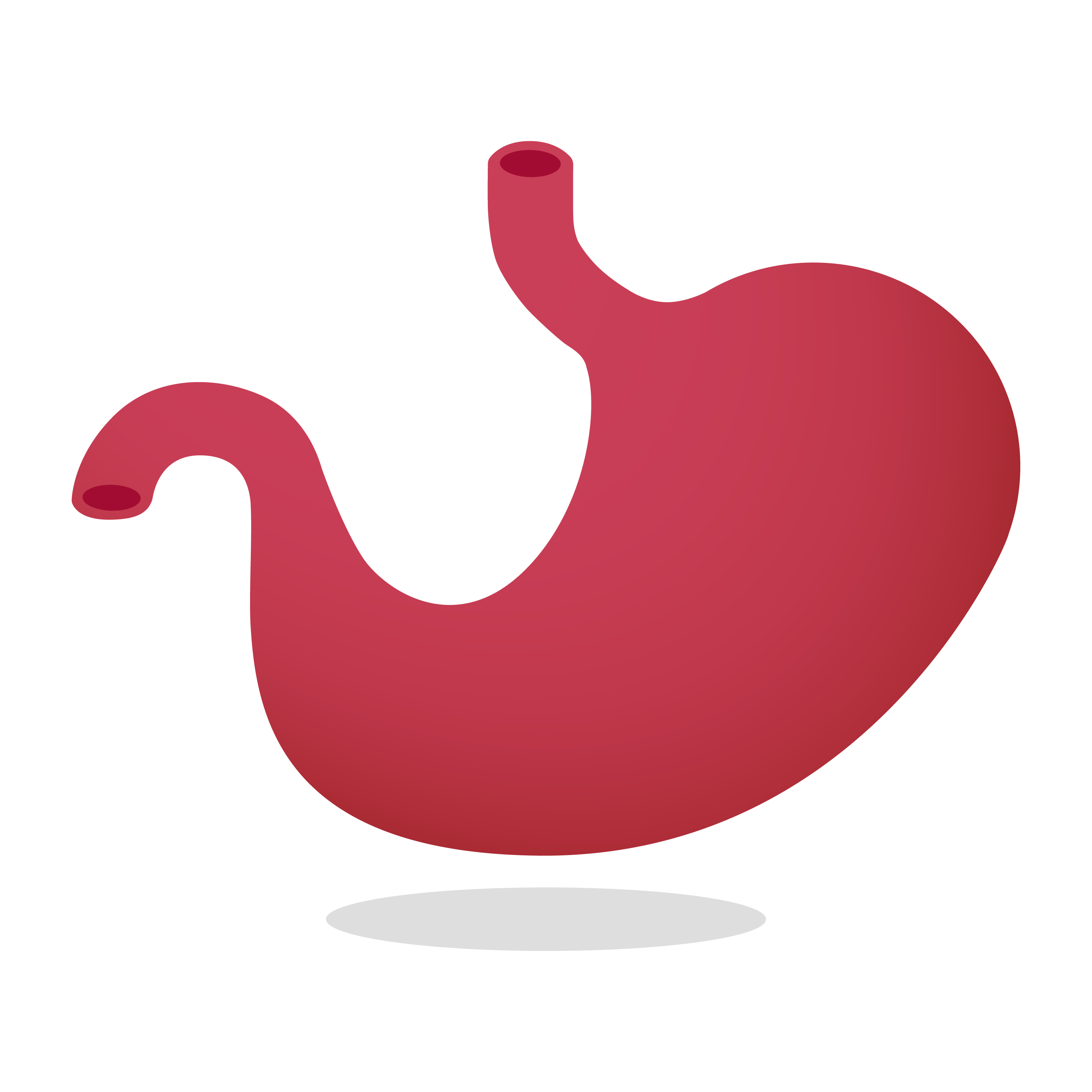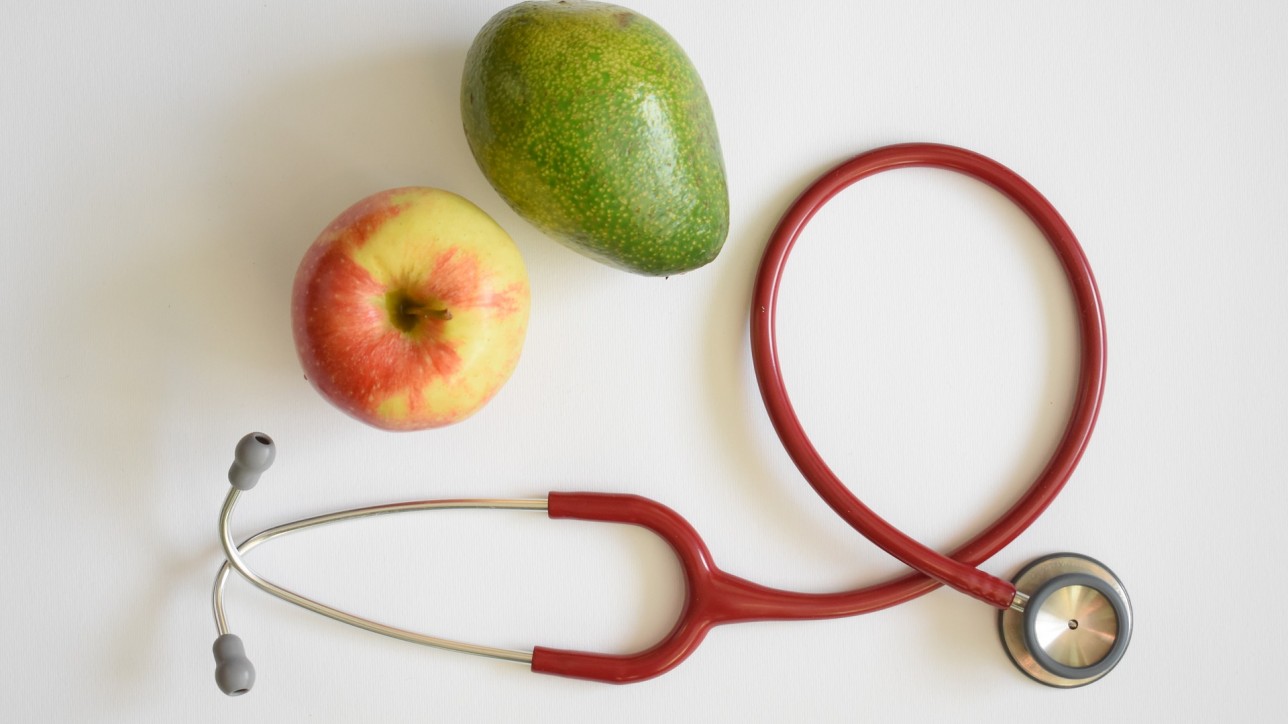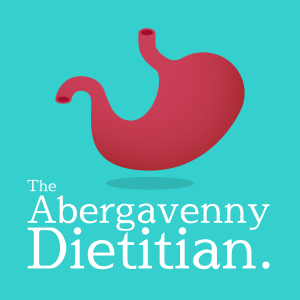I know we are already tired of thinking about viruses, but I did think that it might be a good time for a little bit of revision on the topic of eating to stay healthy. It is imperative to remember that there is NO diet – or supplement – proven to ward off illness, particularly not things like colds or the coronavirus COVID 19.
Maintaining good food hygiene is the very best way to protect against infection. However, there is a way of eating that provides us with all the nutrients we know the body needs to function at its best – and this will include supporting the body’s immune system.
We dietitians are very keen on saying; “just eat a normal, healthy diet!” but we sometimes forget that we’ve spent 3 or 4 years at University followed by a whole career of researching this. What is evident to us is no longer apparent to all, especially in these days of unlimited information coming at us from all angles.
So here is a quick re-cap on what constitutes a healthy diet.
1. Eat regular meals
This is important to keep blood sugar levels – and therefore, energy levels – stable. Plus, we are unlikely to get all the nutrients we need if we are only eating one proper meal a day. A minimum of three meals a day is what I generally recommend – though some people prefer to eat smaller, more regular meals.
2. Eat starchy carbohydrates
Foods such as breakfast cereals, bread, pasta, rice and potatoes are the body’s primary source of energy and should be included at every meal. To avoid unnecessary weight-gain, have a portion the size of your fist.
3. Include good sources of protein at every meal.
Good sources of protein include meat, fish, eggs, dairy foods, soya, nuts, seeds and pulses such as beans. The body needs protein to repair itself. It is easy to fill up on biscuits and toast and run short of protein. Try having cereal with milk, or toast with peanut butter for breakfast. Add some cheese or yoghurt to your lunch. Have a meal rich in pulses for dinner, or include some meat, fish or eggs. Aim for a palm-sized portion each time.
4. Don’t forget healthy fats
Fats are also vital for your body as they help the absorption of specific vitamins, as well as being an essential component of hormones, neurotransmitters and every cell in your body. Include “healthy fats” from olive or rapeseed oil, nuts, seeds, oily fish or avocados several times a day. The recommended portion size (for example, when measuring out oils or peanut butter) is the top joint of your thumb.
5. Vitamins and minerals
The best way to have a proper intake of vitamins is to eat a very varied diet, as all of the different vitamins and minerals are found in various foods. It is particularly important to “eat a rainbow” of fruit and vegetables – the different colours of these foods denote different micronutrients present.
Most of us will have picked up on the fact that nutrients such as Vitamin C and Zinc are thought to help avoid or shorten winter colds. Although the evidence for this is not comprehensive, it cannot harm to include plenty of Vitamin C-rich foods (most fruits and vegetables) and also foods that provide zinc (meat, whole grains, seafood).
Other micronutrients involve in the immune system include copper, folate, iron, selenium and Vitamins A, B 6, B 12 and D. These should all be included in a varied, balanced diet. The government does now advise that we should all be taking a
daily 10ug (microgram) Vitamin D supplement (readily available in the shops).
If you are older, or unwell, and struggle to shop and cook, it is essential to keep yourself well-nourished. Make good use of convenience foods, such as tinned fish and tinned vegetables. Ready meals can be a good option. Milky drinks and milky puddings are a great way of getting protein and minerals.
Variety is the spice of life
So, the take-home message is – eat a wide and varied diet, mainly including lots of different fruits and vegetables. Eat regular meals and include good sources of protein, starchy carbohydrates and healthy fats. Consider taking a multi-vitamin/mineral if, for some reason, you cannot tolerate much fruit or veg. Consider taking a Vitamin D supplement; and perhaps an Omega-3 supplement if you do not like oily fish.
Don’t be convinced to follow any weird and wonderful diets – ESPECIALLY ones who advise avoiding foods – and don’t forget that the European Food Safety Authority has not authorised any claim for any food substance to protect against the coronavirus – so don’t waste money that might be quite important at this difficult time.
Stay safe and well, everybody!


